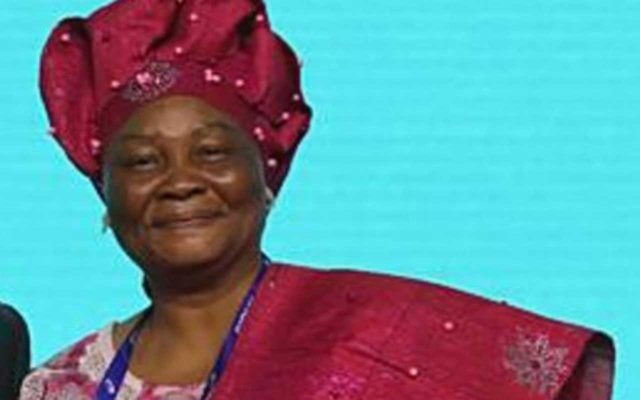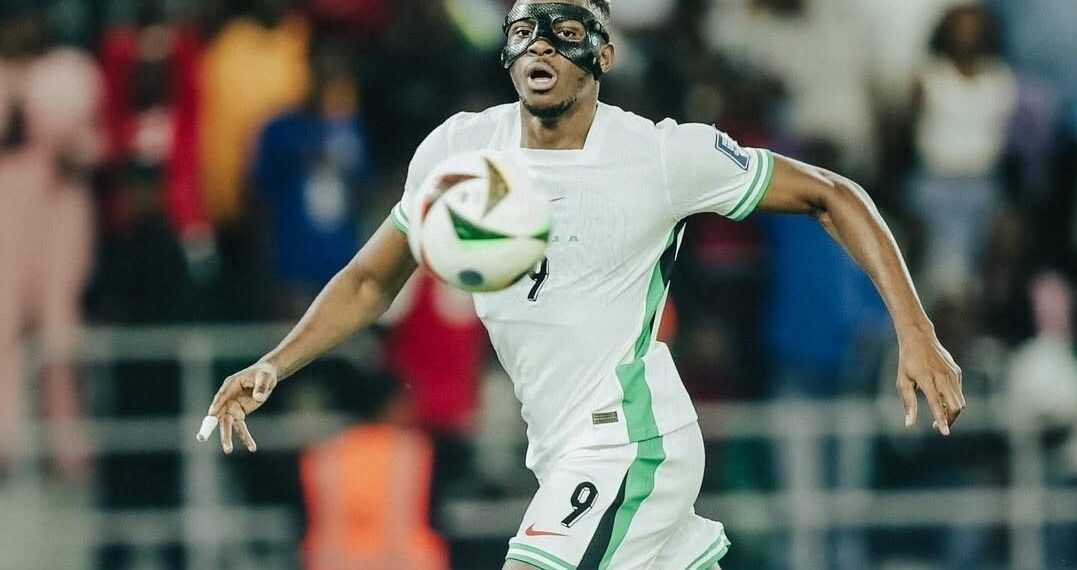In Nigeria, sports serve as a source of pride and unity, with fans across the Southwest and beyond continually invested in the direction and leadership of its athletic institutions. Such enthusiasm was rekindled recently with the reappointment of Mrs. Maria Worphil to the board of the Athletics Federation of Nigeria (AFN), a development that has captured the attention of Nigerian and West African sports circles alike.
Olalekan Soetan, who currently represents the Southwest on the AFN board, emphasized the federation’s new wave of optimism following Worphil’s return. Her appointment, made under the capacity of the Association of Former Female Athletes of Nigeria (AFFAN), marks a significant move towards strengthening gender representation and expertise within Nigeria’s athletics leadership.
The Value of Experience: Worphil’s Storied Legacy
Maria Worphil is no stranger to the AFN or to Nigerian athletics at large. With a history as a distinguished Secretary, board member, and former international athlete, Worphil brings decades of commitment, knowledge, and leadership. Notably, she rose to become the longest-serving Secretary General of the AFN and built a reputation within the Federal Ministry of Youth and Sports Development as an effective Director. In 2019, her contributions were internationally recognized through the prestigious World Athletics Veteran Pin Award—an honor few achieve and a testament to her enduring impact.
“Her return is a win for the Federation, not just for diversity but for competence and an unwavering commitment to progress,” Soetan stated, highlighting Worphil’s potential to inject reform, structure, and reform-minded perspectives into the process of advancing Nigerian athletics. According to Soetan, her tenure coincides with a ‘defining moment’ for sports on the continent.
Blending Old Wisdom with Modern Vision
Worphil’s multifaceted background as both a competitor and an administrator places her in an exceptional position to guide policy and bolster administrative structures. Industry observers note that few can match her combination of athletic experience and governance acumen. “She embodies the bridge that connects the Federation’s institutional memory with the innovation needed for reform,” Soetan explained.
Her appointment aligns with shifting global norms that champion the inclusion of credible female voices and veteran professionals in sports governance—a trend seen in organizations like World Athletics and mirrored in several African federations. “For young athletes, administrators, and the wider community, her presence sends a clear signal that the AFN is committed to balanced, forward-thinking leadership,” noted Ogun-based sports analyst Tunde Akande.
Local and Regional Implications
Beyond the AFN, Worphil’s re-entry is viewed as a positive model for the region. Nigerian sports enthusiasts often point to Ghana, Cote d’Ivoire, and South Africa where the integration of expertise and diversity into sports administration is yielding successful reforms. The rise in global performance standards—spurred partly by more inclusive leadership—is evident in West Africa’s growing presence in elite athletic competitions.
According to local stakeholders, Nigeria’s challenge has always been to balance tradition with innovation, nurturing homegrown talent while learning from global best practices. “Worphil’s mix of deep roots within the AFN and her understanding of international standards is exactly what we need,” said Lagos-based athletics coach Iliya Bala.
The Road Ahead: Governance, Transparency, and Athlete Welfare
Soetan assured that Maria Worphil’s influence is already seen in renewed efforts to improve transparency and ensure athlete welfare. He highlighted an actionable plan focused on:
- Improving transparency at all levels of the federation’s governance.
- Boosting technical development and coaching standards, especially at grassroots levels.
- Revamping athlete support systems to cater to both elite and emerging athletes.
- Ensuring policies are in line with international standards, thus avoiding controversies that have at times affected Nigerian participation at global events.
Such policies, Soetan argued, have often been undermined by inconsistency and lack of institutional memory. “With Worphil, there’s an anchor—someone who has seen the federation through its highs and lows. That’s invaluable at this stage of our development.”
Balancing Perspectives: Hopes and Cautions
While much of the public reaction has been positive, some observers stress the need for continued vigilance and realistic expectations. Past efforts at reform in Nigerian sport have sometimes faltered due to resistance from vested interests or inadequate funding. “The change is promising, but the journey is rarely straightforward,” observed Abuja-based sports journalist Ifeanyi Onuoha. “The challenge now is to rally the entire board behind a shared vision that goes beyond personalities.”
Worphil’s supporters agree, emphasizing collaborative progress over individual achievement. Soetan himself reaffirmed his commitment to unity and constructive engagement. “For me, this is a reconnection of purpose. Having witnessed Mrs. Worphil’s dedication since my early days as a coach, her brand of discipline and compassion is what the federation needs right now,” he said.
Insights from the Track and Ties to Global Standards
Nigerian and West African athletic fans have repeatedly called for more proactive leadership. In recent years, the region’s emerging talents—some of whom went on to represent Africa at the Olympics and World Championships—have highlighted both the potential and the gaps in local systems. The AFN’s latest board shuffle, now including Worphil, is widely seen as a step towards bridging these gaps.
Globally, sports organizations are intensifying efforts to promote gender equity and leverage veterans’ expertise. The International Olympic Committee and World Athletics continue to advocate for federations to create more inclusive environments. As international competition grows, there is an increased need for structures that both honor tradition and meet new demands.
According to a recent report by the African Sports Governance Review (2023), federations that incorporated women in executive roles and drew from a pool of ex-athletes achieved notably higher rates of organizational stability and athlete satisfaction. The AFN’s moves are therefore drawing attention as other African federations consider similar strategies.
Athlete and Community Perspectives
Grassroots athletes and professionals alike are hopeful. “This is the kind of leadership that listens and understands the journey, because they’ve been there,” Abuja-based sprinter Nkechi Ilo said. “For once, I believe young athletes will have someone on the board who understands our struggles and shares our vision.”
Community voices have echoed this sentiment, calling for more direct engagement between federation leadership and the local sporting community. Suggestions include more town hall meetings, better athlete representation in decision-making, and transparent communication of policies and opportunities.
Conclusion: Will the AFN Realise Its Promise?
As Nigeria and West Africa look to the future, the AFN’s recalibration—symbolized by the return of seasoned figures like Maria Worphil—could set a new tone for how sports are managed and how athletes are nurtured. Stakeholders continue to watch closely, offering both encouragement and constructive critique as the federation strives to build on its storied legacy and meet new challenges.
What do you think? Can greater inclusivity and experience reform Nigerian sports governance for the better? Share your thoughts below, and don’t forget to follow us for more updates on athletics and sports leadership across Africa!
For news tips, comments, or general feedback, reach out at support@nowahalazone.com.
Join the conversation on Facebook, X (Twitter), and Instagram.
If you’re part of Nigeria or West Africa’s sports community, we especially want to hear your local stories, opinions, or experiences—let’s keep the conversation going!










